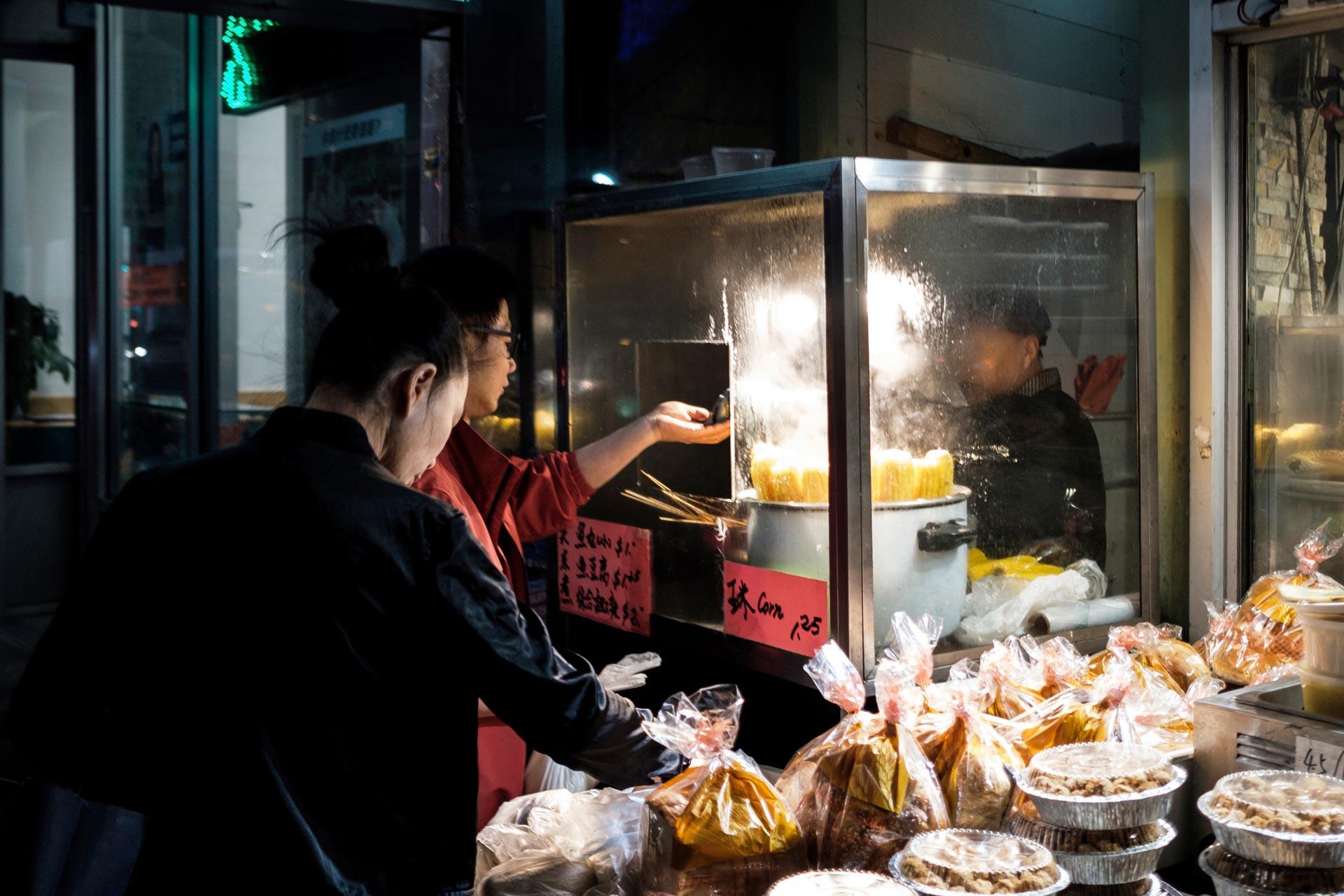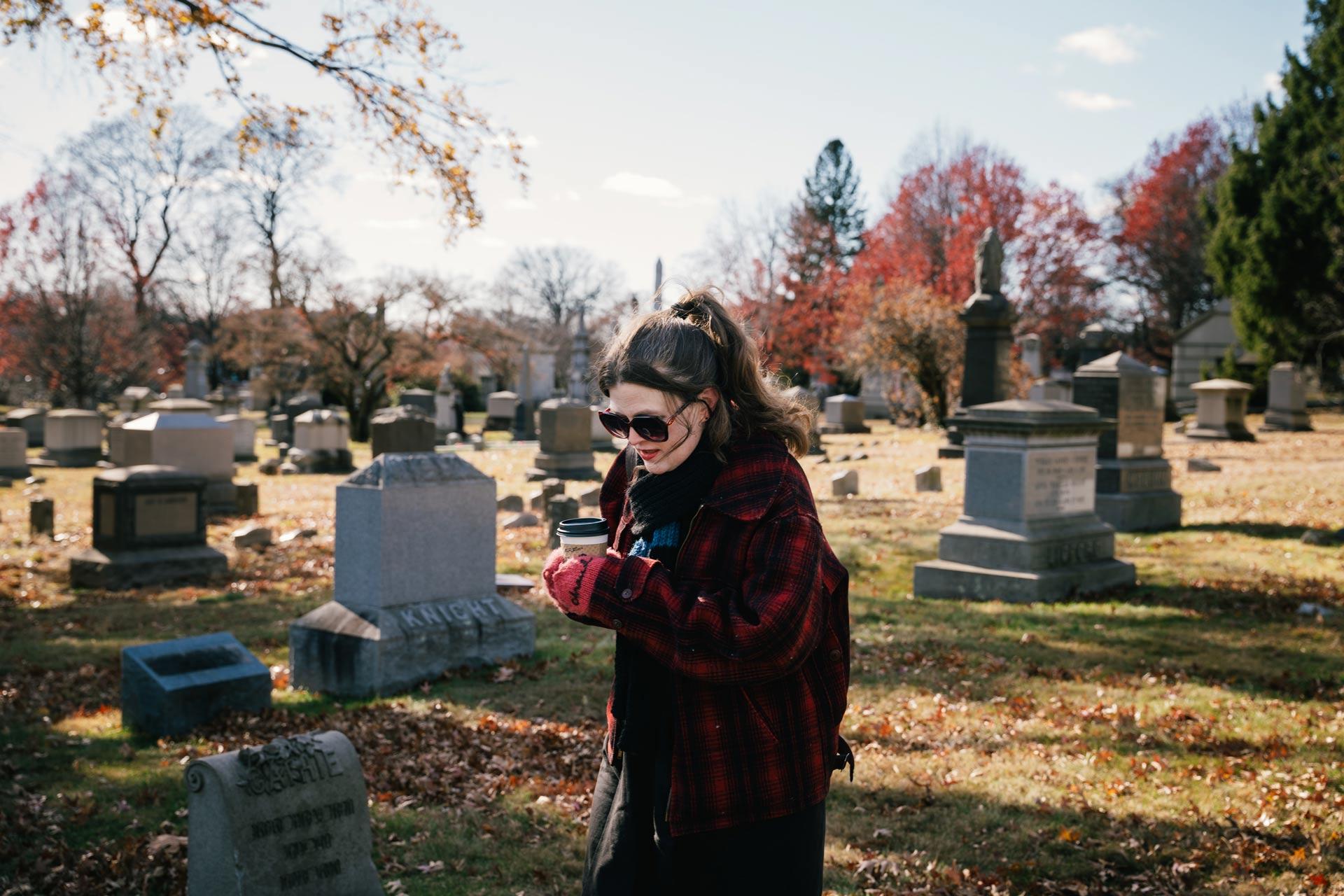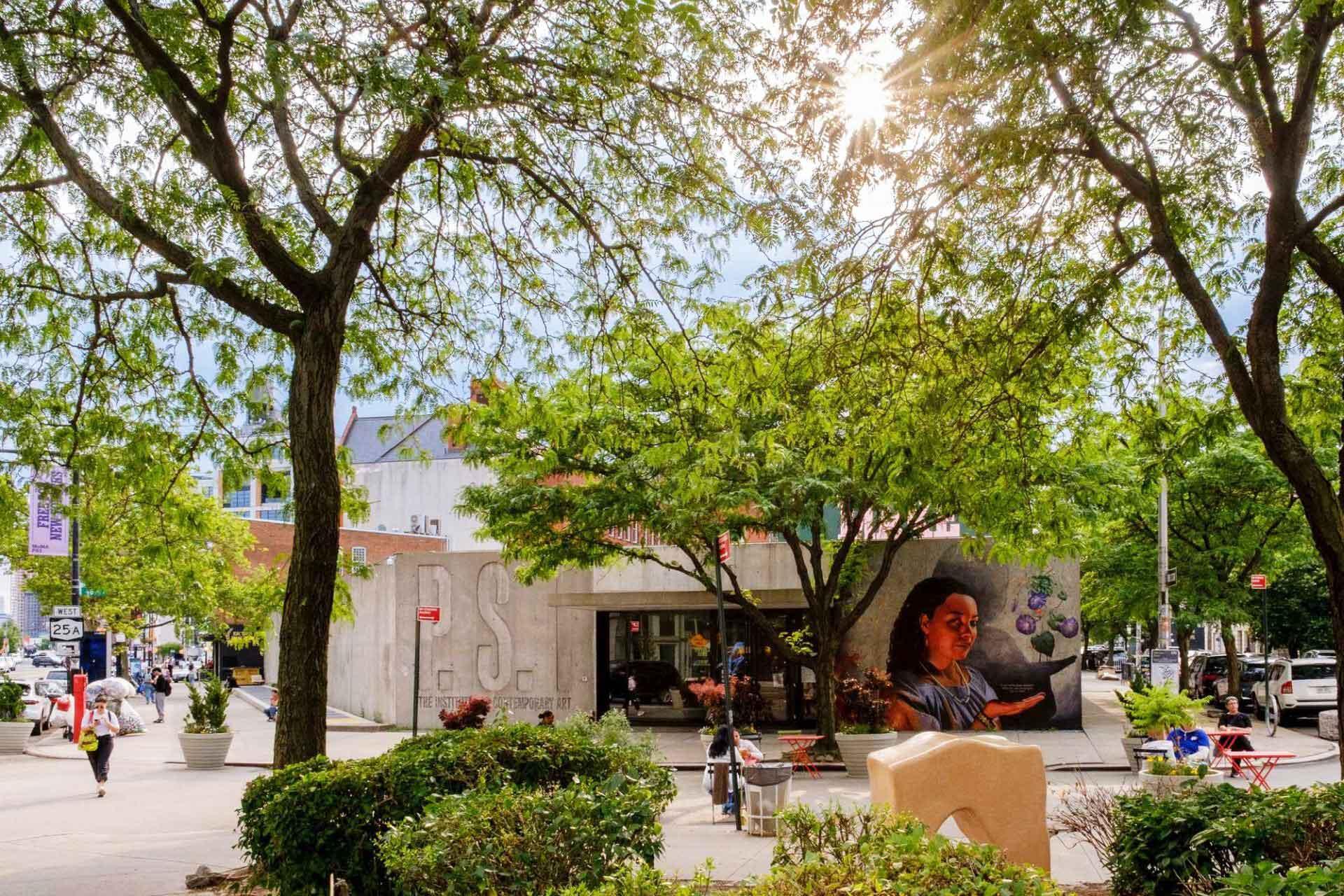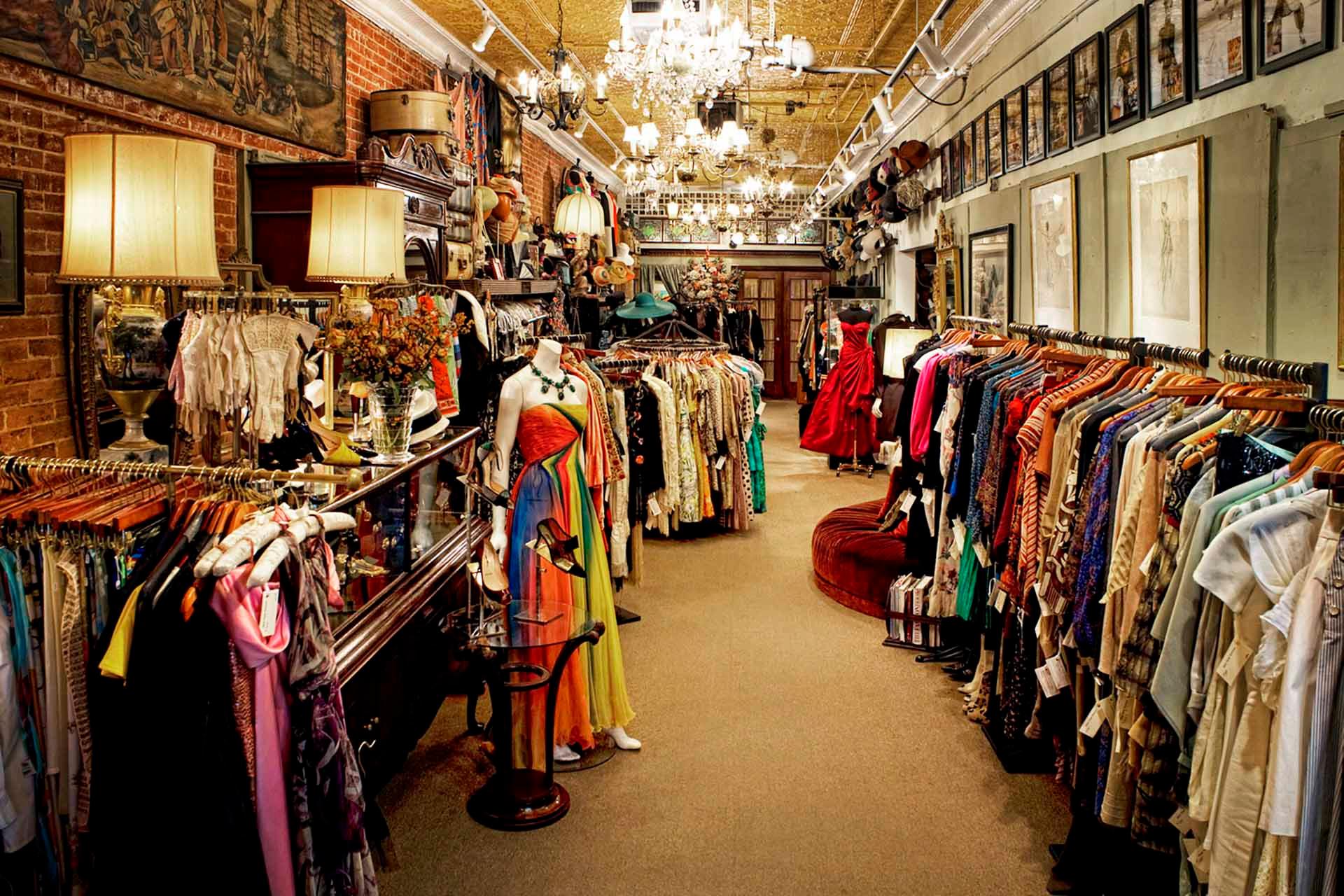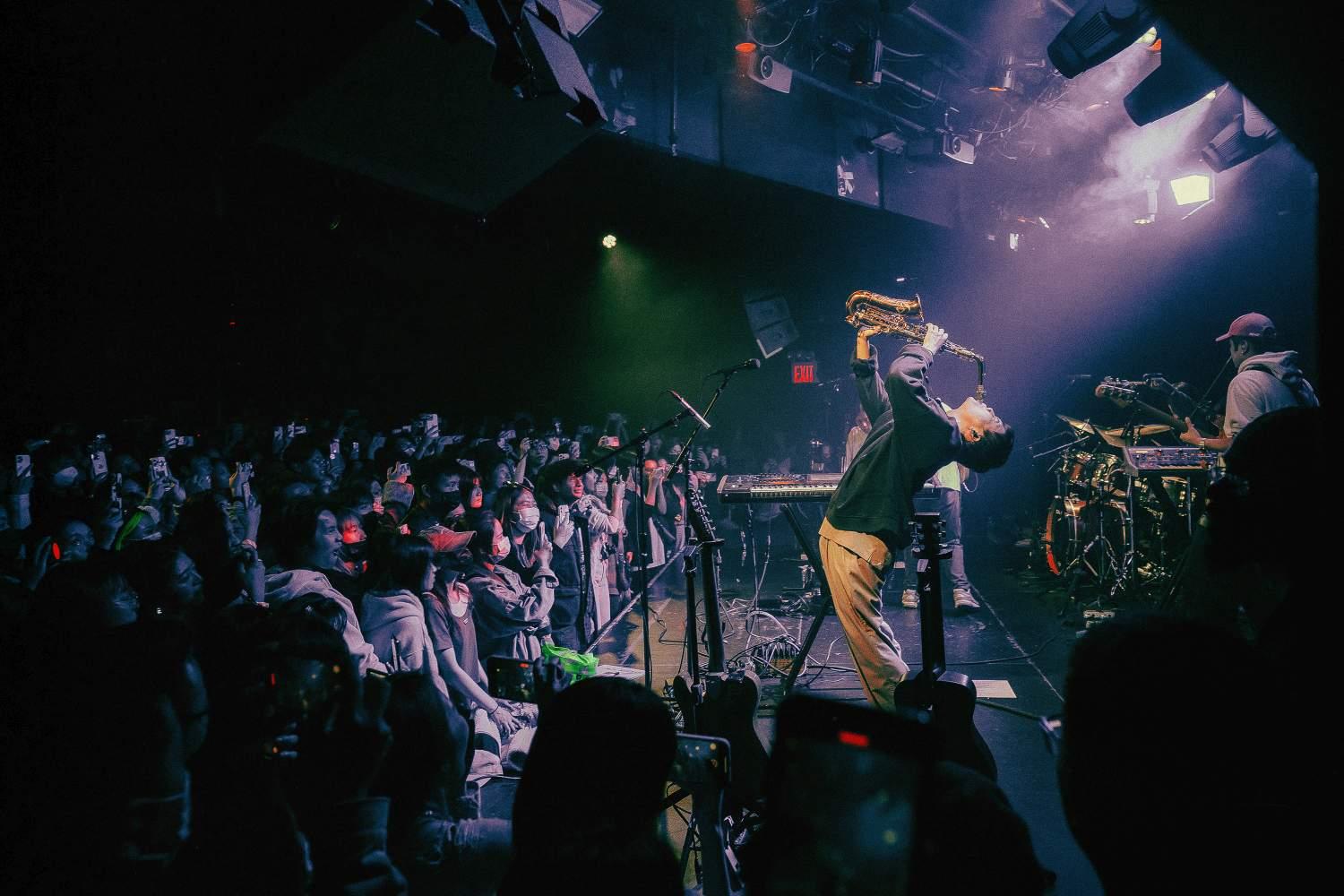Names: Cynthia Gordy Giwa and Tayo Giwa
Ages: 41 and 39
Occupation: Storytellers, documentarians and the creators of Black-Owned Brooklyn
Motivator: Documenting the contributions of Black Brooklyn and our culture and history here
NYC neighborhood: Bed-Stuy, Brooklyn

Inspired by their love for Brooklyn and their family, Cynthia Giwa, a former journalist, and Tayo Giwa, a photographer and lawyer, are telling stories through other mediums. These include films that empower Black people by documenting history, culture and lived experiences, and a digital publication that highlights Brooklyn-based Black-owned businesses, bringing prominence to places that are frequently overlooked by traditional media outlets.
The inspirational duo is driven by their union, and an appreciation for—and desire to give back to—the neighborhood that they call home, and the community that continually supports and motivates them. Read more about Cynthia and Tayo’s journey and work below.
What brought you to New York and what do you love about it?
Cynthia: My career as a journalist. I’m originally from Philadelphia, and what I love about Brooklyn is that it just feels like home. The first time I came to Bedford-Stuyvesant, I just felt a sense of community and warmth.
Tayo: I moved to the City for law school, so I was living in Morningside Heights. Pretty much as soon as I could, once I graduated, I moved down to Brooklyn. You come here and you feel like you belong.
What is your favorite NYC story or experience?
Tayo: Our first child was actually born in the back seat of a Lyft on the way to the hospital, right as we were crossing the Brooklyn Bridge. Her birth certificate actually says that her birthplace is a ride share. Cynthia is an extraordinary woman, and she did this like it was easy. It was actually better than when our second child was born in a hospital. It was the way it’s supposed to be, just us with our child. I guess the driver was in the front seat, but it was a really special moment of us welcoming her into the world. It was really calm, which is hard to replicate in the busyness of a hospital.
Cynthia: The thing is, that story sounds upsetting or traumatic, but [it was] not at all. It was so beautiful.
When you think about the Black community in NYC, what comes to mind?
Tayo: I think about the diversity, from Caribbean people to African Americans who came with the Great Migration to Africans who immigrated to America. Afro-Latinos are also heavily present. I think that there’s something distinct, too, about that in Central Brooklyn. We all live together. Everyone sort of has these inter-looping connections to each other. That type of diversity in the Black experience is not something that’s necessarily common in other cities across the country, or the world.
Cynthia: In our work, we talk a lot about self-determination and self-identity, and I feel like I see a lot of that in the Black community here. There’s just this strong sense of self-possession, and pride, and confidence. So much of the conversation about Black Brooklyn tends to be about loss, pushout and shrinking numbers. The Black Brooklyn that we experience every day is so vibrant and so present, immediate and dynamic. Not to say that displacement and gentrification doesn't go hand in hand with all of that, but that is not the only story.
Where do you draw inspiration from?
Cynthia: I get a lot of inspiration from our relationship. We get a lot of strength from leaning on each other and bouncing ideas off of each other, and being stronger for it. We’re better together than we would ever be trying this work on our own.
Tayo: I'm proud of our union. Our ability to navigate having kids, doing this work, having our own jobs and sort of coming together in this way. Marrying Cynthia is the best thing I ever did in my life. And just in terms of our relationship, I draw a lot of strength from that.
What’s next for you?
Cynthia: Telling stories of our community on Black-Owned Brooklyn is always going to be a core of what we do, no matter what different ventures we’re doing on top of that. We want to continue making films and doing intergenerational community events, relevant ways to bring our community together that are different and unexpected.
What would you like your legacy to be?
Cynthia: We want to work toward being public historians, and to tell stories about our community with reverence, and to tell those stories and pay attention to those things that may be overlooked, to make sure that we’re lifting up our people in a way that gives pride and inspires them.
Tayo: I think our kids, as I mentioned, are our legacy. They’re really special. I know that everyone says that about their kids, but they’re really special! I think for us, everything that we’re doing now is for them to see it. To see that [idea of] “I can do the thing that I put my mind and effort to.”
Cynthia: Like Tayo said in the beginning, this neighborhood has given so much to us. It is our home, and we do this work to give back to Brooklyn. Whether that’s opportunities for the entire community to come together across generations, or whether we give people a resource where they can learn more about where they live and participate in it more meaningfully. I hope our legacy is that we made a meaningful contribution to Brooklyn.
To learn more about Cynthia, Tayo and Black-Owned Brooklyn, visit @blackownedbklyn and sunrisesintheeast.com


